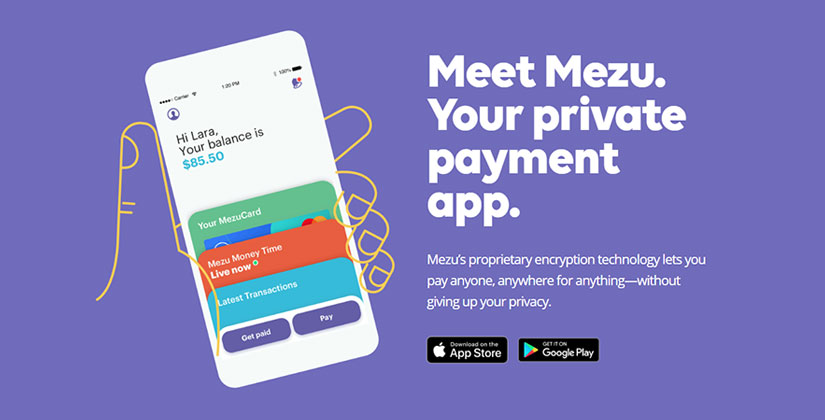Payment Startup Mezu Aims To Be The Zoom Of Digital Payments

Video conferencing and streaming shows aren’t the only things getting a boost because of the COVID-19 pandemic. Turns out so are digital payments. At least at Mezu, the privacy-focused payment app that launched in 2017. Since millions of people have been sheltering at home, the app has seen a 60% uptick in downloads and is on track to hit one million downloads by the end of the current quarter.
“People are generally conservative with their money and now suddenly they can’t exchange physical cash and can’t take out their credit cards,” said Mezu CEO and co-founder Yuval Brisker. “They are looking at different ways to pay other people.”
Likening itself to Zoom Video Communications, the video conferencing app that was made hugely popular because of the pandemic, Brisker said Mezu is trying to stand out from rival payment apps by making it easy to use, free to send and receive money, and conduct instant withdrawals, something the likes of PayPal and Venmo don’t offer. The fintech makes money off the interchange fees when customers use its Mastercard debit card. The startup has raised $17 million in venture funding from Draper Triangle Ventures, Draper Associates, JumpStart Inc, and the Ohio Innovation Fund.
The lack of a fee when sending money and the private nature of the transactions are two of the reasons why so many people are turning to Mezu.“After listening to customers…I walked away with the understanding that half those people lost their jobs in the last month and they are looking for ways to reduce costs even if it’s $1, $2, or $5,” said Brisker. According to the CEO, most customers are using the payment app to send and receive money and using its Mastercard debit card online. In terms of what types of purchases they are making, Brisker has no clue. It differentiates the app by focusing on anonymity when transactions are made. Unlike Venmo that wants you to list what you’re sending money for, Mezu keeps it private.
This article originally appeared on Forbes.com on April 30, 2020.